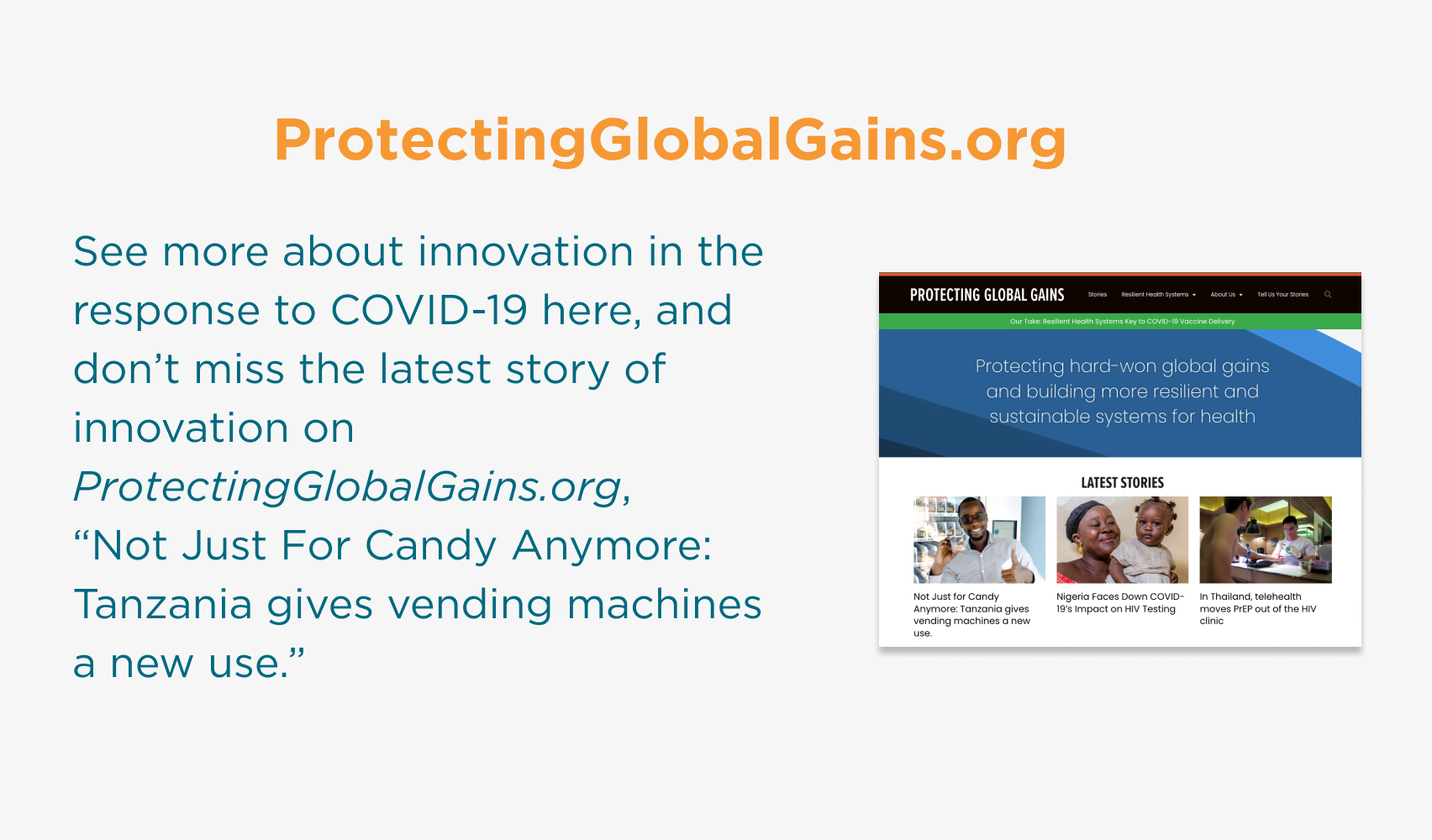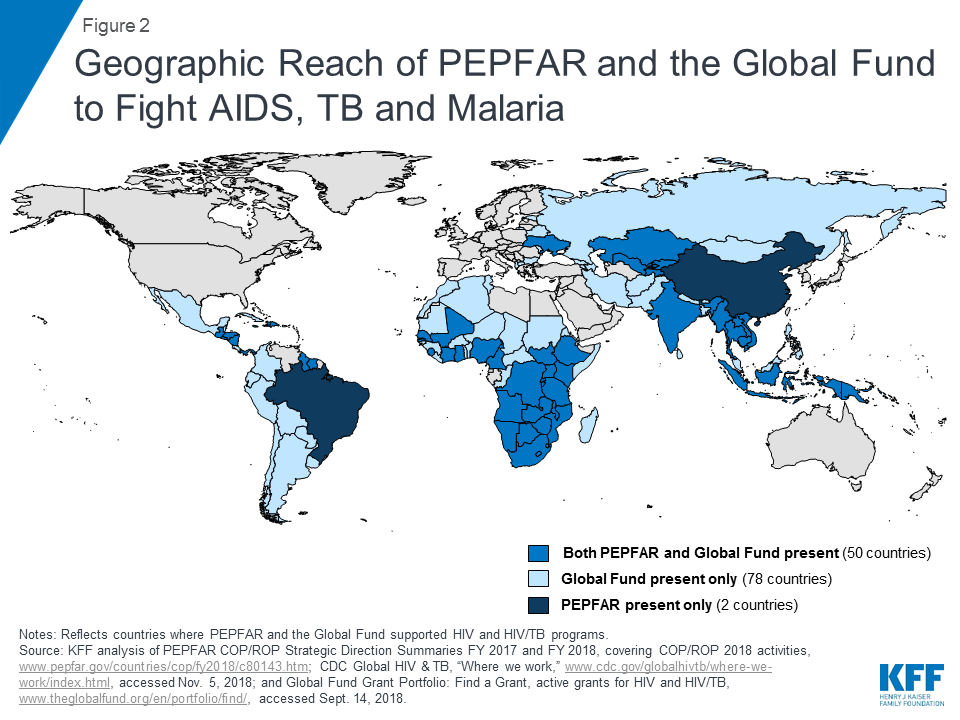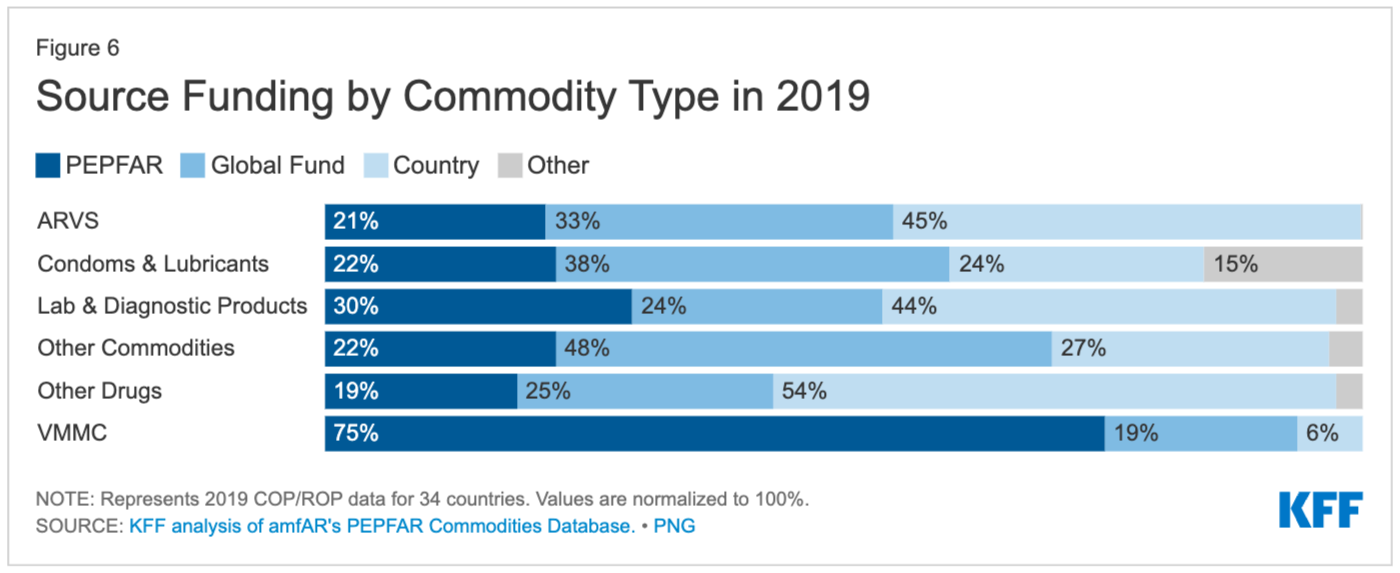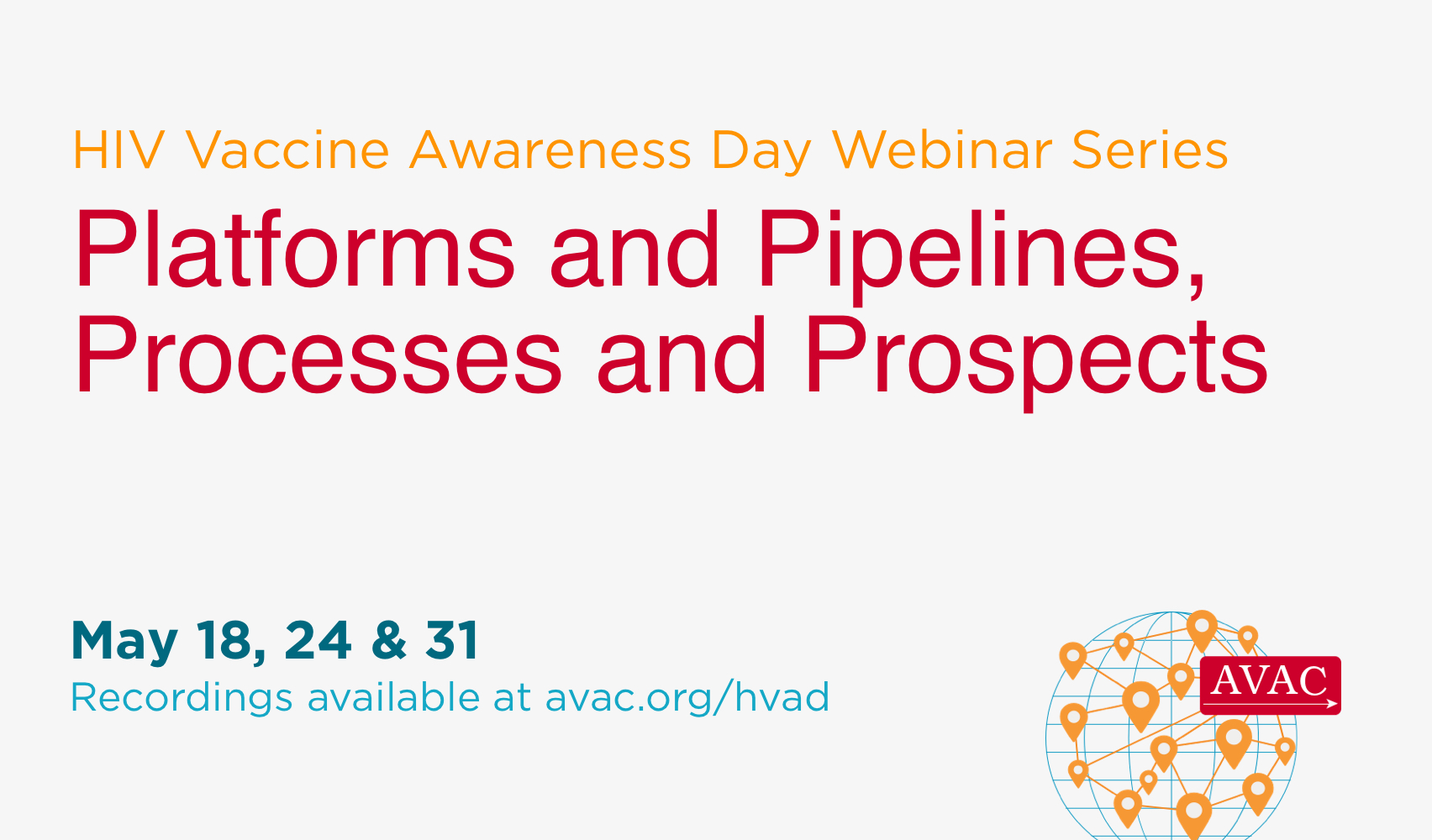What does multilateralism mean and why it’s right for the future
COVID-19 was declared a Public Health Emergency of International Concern by the WHO in January 2020. There was unprecedented speed and urgency at the start of the pandemic that resulted in rapid development of diagnostics and vaccines to combat the spread of disease. It was a terrific example of multilateralism at work—when nations recognize a shared threat or interest, and come together toward a common purpose.
However, as the pandemic progressed, decisions around COVID-19 vaccine distribution revealed deep and enduring inequalities that prioritized nationalism over multilateralism. Citizens of high-income countries have access to third and fourth rounds of shots while citizens of low-to-middle income countries are still fighting for their first doses. This nationalist approach in the midst of an emergency is the basis for catastrophic failure in any pandemic response, as shown over the last two years.
Multilateral organizations—those jointly supported by multiple governments and other partners—with a shared aim of health as a common good, are instrumental to global health security, overcoming health inequities, and building resilient health systems around the globe.
One of the world’s most important multilateral efforts is The Global Fund, which has made possible a groundswell of innovative and community-centered initiatives. These programs set up a bulwark against HIV, TB and malaria, while addressing COVID-19. Models of innovation at the ground-level such as these represent essential preparation for future epidemics and pandemics. Human-created borders cannot be allowed to constrain this work.

To succeed, the Global Fund works interdependently with The President’s Emergency Plan for AIDS Relief (PEPFAR), a country-to-country (bilateral) program that represents the world’s largest investment in delivering HIV treatment and prevention. Each makes the other stronger.
| COLLABORATIVE FUNCTIONS |
PEPFAR <-> GLOBAL FUND |
| Coordination |
These two organizations coordinate closely. Liaison representatives from each organization participate in relevant planning and coordinating meetings. For PEPFAR it’s a process known as the Country Operational Plans (COPs), and the Global Fund works through Country Coordinating Mechanisms (CCMs). |
| Geographical Representation |
Global Fund operates in 78 countries where there’s no PEPFAR presence, drawing lessons from PEPFAR experience, expertise and technical assistance. Refer to the first image below.
In the countries where PEPFAR works, Global Fund is shoring up health systems and buttressing the supply chain. |
| Procurement |
PEPFAR is one of the world’s largest procurers and donors of HIV treatment and prevention commodities.
Global Fund provides essential funding to coordinate and supplement PEPFAR funding, as well as helps procure non-HIV tools that address health needs, such as TB or malaria, which are endemic among communities where HIV is prevalent. |
| Technical Assistance |
PEPFAR exchanges country-specific and scientific expertise in HIV to help strengthen and boost Global Fund activities.
Global Fund support strengthens the overall systems that are essential to a robust HIV response, significantly increasing the impact of PEPFAR’s more targeted actions in treatment and prevention programming. Global Fund grants to health systems support strategic program planning a reliable supply chain, and program innovation for resilient health systems. |
HIV is a constant threat to global health, leaving millions all the more vulnerable to other diseases, and demanding vigilance and steadfast, fully-funded strategies to end it as a global epidemic. Global Fund operates in 78 countries where there’s no PEPFAR presence, drawing lessons from PEPFAR experience, expertise and technical assistance. In the countries where PEPFAR works, Global Fund is shoring up health systems and buttressing the supply chain.

(Source: Kaiser Family Foundation)

(Source: Kaiser Family Foundation)
Political Will and the Future of Global Health
The Global Fund’s Seventh Replenishment, taking place the week of September 18th, is an opportunity to rise to the challenge and raise essential funding. The minimal need required to get back on track to reach global targets for HIV, TB, and Malaria (that were derailed by COVID-19 and nationalistic policies) is pegged at $18 billion. But this figure will leave a $28 billion gap, spurring demands from civil society to go further.
The US government has committed to investing $2 billion in fiscal year 2023, and $6 billion over three years. Although this is a major win for the U.S investment in multilateralism, the Biden Administration requested a $20 million cut for PEPFAR that will impair HIV programming around the globe. This blow comes as new leadership at PEPFAR holds great promise to extend the reach of one of the single most effective programs in the history of global health.
This year PEPFAR welcomed its first African-born leader, Ambassador John Nkengasong. As he charts the course for the agency’s global HIV/AIDS programming, his extensive experience in pandemic preparedness and response as the head of Africa CDC provides the opportunity for a fresh vision that looks toward the future of global health security and global health equity, while scaling-up successful prevention interventions and shifting control to local organizations and institutions, strengthening PEPFAR’s impact.
Now is not the time to pull back. Next year, PEPFAR will be up for Congressional reauthorization, giving advocates an opportunity to push PEPFAR’s priorities to better align with pandemic preparedness and what impacted communities need and want, transforming the US’s response to HIV/AIDS and global health at large.
Call to Action: Fully Fund PEPFAR and GF
This interdependent relationship between the Global Fund and PEPFAR must continue, and be strengthened and leveraged. Investing in one over the other is detrimental, irresponsible, and will have adverse consequences for reaching global targets against HIV, TB and malaria and will undermine global health security.
Advocates and civil society organizations have an important role to play in ensuring that Global Fund and PEPFAR are both fully funded, working together and recognized as essential platforms for pandemic preparedness and response. Here are some specific calls to action that advocates can take to get involved:
- Work with policymakers to maximize donor country contributions to Global Fund replenishment.
- Raise awareness that Global Fund and PEPFAR together constitute a core foundation to pandemic preparedness and global health security.
- Highlight to policymakers how PEPFAR and Global Fund work in coordination with each other, how that coordination saves money, and how fully investing in PEPFAR is not redundant.
No organization or country can address these complex epidemics alone. Now, the world is facing a turning point where overcoming nationalism with political commitments to fully fund the Global Fund and PEPFAR could decide the fate of global health for years to come. Will the global community be prepared for emerging pandemics while responding effectively to a current one (COVID-19) and protecting global gains against long-standing epidemics (such as HIV, TB and Malaria)?
The actions of world leaders in the weeks to come will tell the story. AVAC and our partners will be watching. Stay tuned for updates and further opportunities to join the fight.




